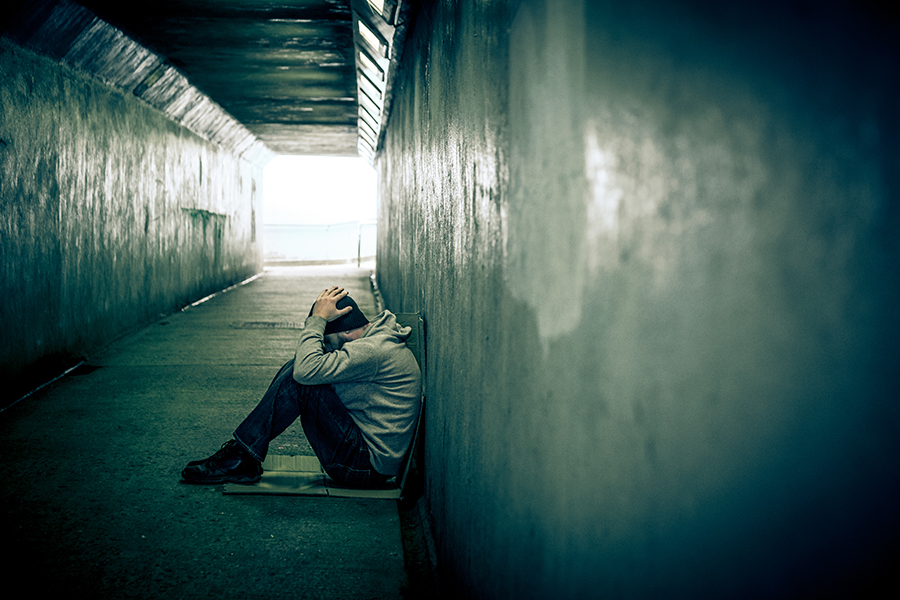Why Relapse Happens: Understanding the Underlying Cause of Addiction

Photo Credit: Getty Images
Addiction can cost careers, relationships, and freedom—so why do studies show that 40 to 60 percent of people who’ve been treated for addiction relapse within their first year of sobriety?
The answer lies in understanding addiction as a disease, notes addiction experts like Dr. Joseph Garbely, vice president of medical services and medical director at Caron Treatment Centers.
While many non-addicts might struggle to understand what draws others to high-risk substance use, approaching the topic of addiction, addiction treatment, and recovery the same way one would approach hypertension or diabetes, opens the door for deeper understanding and improved treatment options.
Studies suggest that addiction may erode an addict’s prefrontal cortex, the part of the brain associated with logic and problem solving, making it even more difficult to resist a drug or alcohol when stress or environmental factors start to point them toward use.
In fact, Harvard researchers found that understanding the brain chemistry of an addict is key for effective treatment options and long-term sobriety. Their work shows certain drugs and alcohol release dopamine, a neurotransmitter that regulates the brain’s reward and pleasure centers, differently in those with substance use disorders—addiction practically rewires their brain to believe that certain substances are as important to survival as eating or drinking.
While science may help explain why some addicts are undeterred—even drawn to the risks—posed by continuing their habits, it’s important to understand that much like other chronic health problems, addiction is not a disease that is easily cured but rather managed. For long-term sobriety, those with a substance use disorder must change and manage their habits the same way those with diabetes manage blood sugar or those with hypertension monitor their blood pressure.
Since relapse treatment is often more intense than primary care, the team that comprises Caron Treatment Center’s Relapse Program takes a deeper look to heal issues and problems that have remained with your whole family throughout the treatment and recovery process. Each relapse patient at Caron Treatment Centers is assigned a dedicated multidisciplinary team of professionals who specialize in psychology addiction counseling, general medicine, nutrition, health and wellness, and spirituality. With a team of experts in various fields as well as years of experience in addiction treatment, Caron Treatment Centers provides unparalleled care for relapse recovery.
“Relapse is common,” says Dr. Garbely. “[But] isolating will only make a relapse or slip worse.”
Even people who’ve been sober for years can feel devastated or humiliated by relapse.
Don’t ignore these signs your loved one may have relapsed in their sobriety.
- Your loved one stops engaging in their recovery program or attending meetings
- They stop practicing habits that are integral in staying sober
- They note or appear to have a loss of control or emotion
- There is a decrease in recovery-warranted activities and increase in other daily activities that are diverting their attention to recovery (i.e. working more/later hours)
If you suspect a loved one is struggling with their recovery or believe they are once again using substances, don’t wait until it’s too late. For more information on taking the next steps toward recovery, visit Caron.org.
This is a paid partnership between Caron Treatment Centers and Philadelphia Magazine


